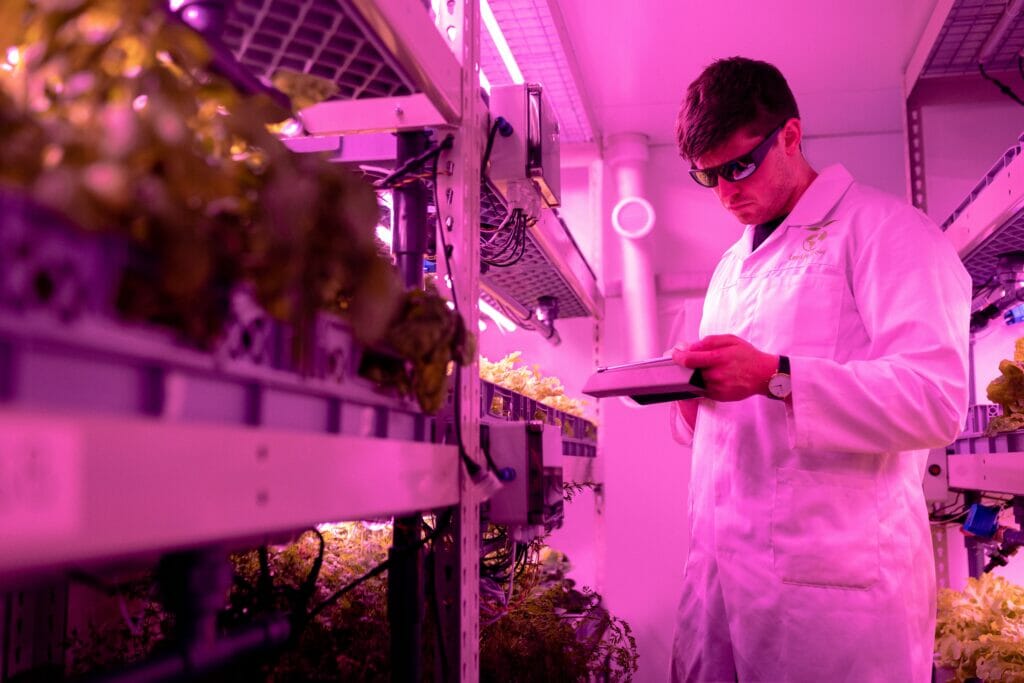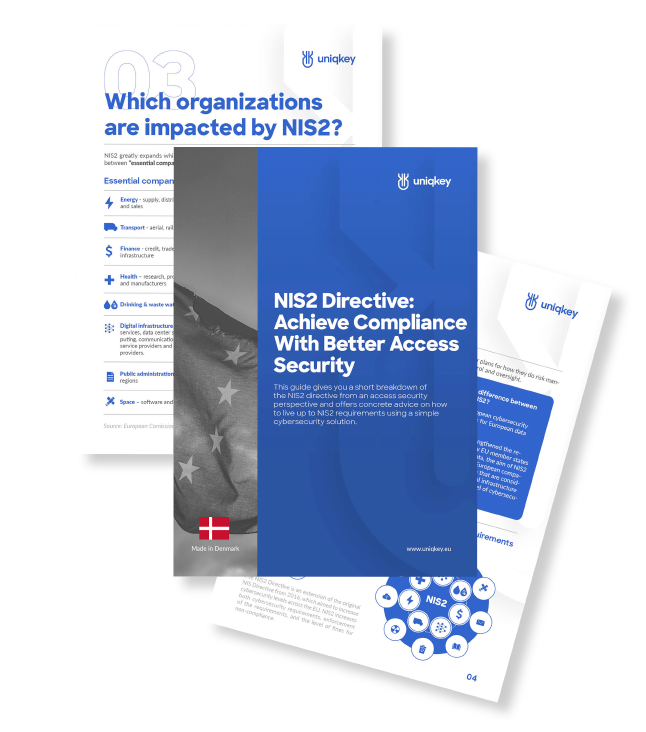IMPORTANT ENTITY
Food Sector
Learn how the NIS2 directive affects organizations in the food sector.
The Food Sector
The food sector in the European Union is one of the largest and most important industries, covering every aspect from farming to food processing, packaging, transportation, and retail sales. With the increasing digitization and interconnectivity of the food sector, it has become more vulnerable to cyber threats. In recognition of the risks posed by cyber attacks to this sector, NIS2 categorizes the food sector as an “important entity”.
Key Cybersecurity Challenges
For The Food Sector
Supply Chain Complexity
The food sector consists of a complex supply chain involving millions of small organizations that operate on tiny margins. This complexity makes it hard to implement proper security.
IoT Devices
The food sector is increasingly relying on IoT devices to monitor and control processes in areas such as food storage and transportation. These devices can be vulnerable to cyber attacks.
Ransomware Attacks
The agriculture and food production industry is frequently targeted by ransomware attacks, which can result in significant financial losses and disruption to the supply chain.
Limited Budget
Many organizations in the food sector lack the financial resources to invest in adequate cybersecurity measures. This makes them incapable of addressing modern threats.
Legacy Systems
Many food companies rely on legacy systems that may not be compatible with modern cybersecurity measures, leaving them exposed to potential attacks.
Third-Party Access
Food companies often rely on third-party vendors for key services, including logistics and transportation, and these vendors can present vulnerabilities that could be exploited.
The Implications of NIS2 For The Food Sector
The food sector’s increasing reliance on digitalization and interconnected systems exposes it to a rising risk of cyber threats. To address these risks, the NIS2 directive will have significant implications for the food sector throughout the EU.

Focus on food-specific threats
The NIS2 directive recognizes that the food sector faces specific threats, such as physical attacks on food infrastructure or the introduction of contaminants into the food supply chain. As a result, the directive requires “important entities” in the food sector to perform risk assessments that take into account the unique threats and vulnerabilities of the industry.
supply chain management
The NIS2 directive encourages supply chain management as an essential component of cybersecurity. This will require food sector organizations to ensure that their suppliers and partners meet the same cybersecurity standards that they themselves are required to comply with. This could lead to a more rigorous vetting process for suppliers and increased collaboration with partners to ensure cybersecurity best practices.
BETTER COLLABORATION ON FOOD SAFETY
The NIS2 directive will encourage stronger collaboration between EU Member States and international partners to improve cybersecurity in the food sector. This could lead to the development of new standards, best practices, and cybersecurity initiatives that benefit the entire food sector globally. Additionally, the directive could spur increased cooperation on food safety issues, benefiting public health and safety.
IMPACT ON THE food industry
The NIS2 directive will require applicable organizations in the food sector to invest in measures to comply with its requirements, which could lead to increased costs. Smaller organizations lacking financial resources may find it particularly challenging to make these investments. This could result in industry consolidation, with fewer but larger players dominating the market.
Get NIS2 Complaint (Whitepaper):
Time is running out to comply with NIS2 regulations. Starting your compliance journey sooner rather than later is crucial.
A typical NIS2 compliance process, including security assessments, auditing, consulting, and tool implementation, takes approximately 12 months.
For practical advice on how to comply with the requirements, check out our NIS2 white paper.

